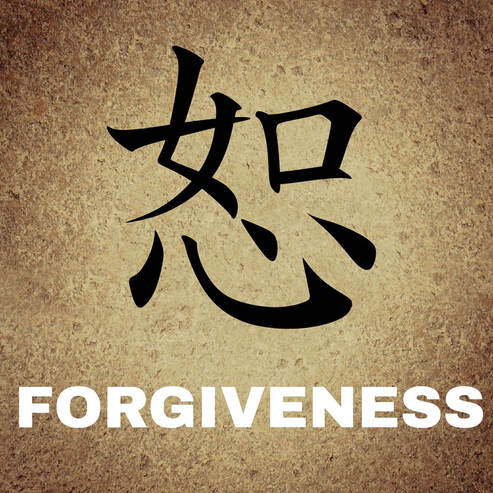 Forgiveness is a gift but given to whom? Is it the ultimate kindness extended to our offender? Perhaps. Most often, this is how forgiveness is viewed. Yet, the offender is not always in need of our forgiveness. In many cases, the offender doesn’t desire forgiveness or even recognize the offense. So, when you extend that ultimate kindness and it isn’t acknowledged, who benefits from your forgiveness? Was it a complete waste of your emotional energy to forgive someone who doesn’t want, need or acknowledge it? No. There is strong argument that forgiving is truly the greatest gift we can give our self for both our mental and physical health. Unresolved Conflict and Your Health The consequences of unresolved conflict may have little to no impact on your offender. However, feelings of resentment, betrayal, anger, bitterness, hurt and disappointment can take a toll on our health. The psychological ramifications can include depression, anxiety and the constant and unescapable feeling of “fight or flight” mode when in the offender’s presence. While the physical effects of unresolved conflict creates high cortisol (stress hormone) levels. High cortisol levels can have a negative effect on our immune system leaving us susceptible to illness. Further, cortisol can trigger high blood pressure, weight gain, high cholesterol and risk of heart attack. So, if forgiveness is more for you and your health, what does that mean? How do you go about forgiving someone if they don’t care or even recognize the offense? And what if the offense is so serious that you can’t even process the thought of forgiving them? Forgiveness is more than words and goes beyond saying, “I forgive you” to your offender. Forgiveness is a Process Forgiveness is a process, and, in some instances, it could be very simple and moving on comes easy. However, depending on the offense - it can often take weeks, months or even years to completely forgive. The process of forgiving starts with your conscious choice to forgive, knowing that you are doing it for you – not them. Once you have chosen to forgive and realize you are doing it for you, you need to reflect on the events and raw emotions of the offense. Empathy also plays a role. This is not to say that you find an excuse for what someone did or say that it is okay. Rather, try to understand why they did it. You may also look back at your life and see where you may have offended someone. Were you forgiven? Do you feel you should have been? We are not perfect so recognize that humans make mistakes. For example, an abuser was often abused themselves. Or alcoholics often come from abusive relationships or have mental/physical considerations. Empathy is part of the process. Health Benefits of Forgiveness It goes without saying that if unresolved conflict has a negative impact on health, then forgiveness can lead to positive health benefits. Studies have been done that show forgiveness is an important part of our health and well-being. Those that forgive frequently and easily report being more satisfied with their lives and have less stress and anxiety. Releasing resentment can allow you to feel compassion… and you will sleep better! Forgiving may not come easy but with practice you become better at it, knowing you are doing it for you – not them!
0 Comments
Leave a Reply. |
AuthorI'm a life coach in California. Contact me if you have any questions. Archives
June 2024
Categories |
 RSS Feed
RSS Feed